Generative AI in Legal Operations
The legal industry, like many others, is undergoing a profound transformation thanks to the rise of artificial intelligence (AI). One subset of AI that has gained significant attention and traction in legal operations is generative AI. Generative AI, powered by technologies like GPT, is revolutionizing the way legal professionals draft documents, conduct research, and streamline their operations.

Written by Knowledge Team, posted on October 26, 2023
In this blog post, we will explore the impact of generative AI on legal operations, its benefits, challenges, and its role in shaping the future of the legal profession.
What is Generative AI in Legal Operations
Generative AI is a branch of artificial intelligence that focuses on the creation of content, such as text, images, or even code. In the context of legal operations, generative AI refers to AI systems that can generate legal documents, contracts, emails, and other written materials autonomously. These AI systems are trained on vast datasets of legal documents and leverage natural language processing to understand and generate human-like text.
Benefits of Generative AI in Legal Operations
Efficiency and Time Savings
Legal professionals spend a substantial amount of time drafting contracts, legal memos, and other documents. Generative AI significantly speeds up this process by automating the creation of these documents. Attorneys can now focus more on analyzing the legal aspects of their work, rather than the drudgery of document generation.
Consistency and Accuracy
Humans are prone to errors, and legal documents must be precise. Generative AI ensures consistency and accuracy by adhering to the established legal language, reducing the risk of critical errors in contracts or agreements.
Scalability
As the number of documents and cases increases, law firms can struggle to meet their clients’ demands. Generative AI allows legal operations to scale more efficiently, handling larger volumes of work without a proportional increase in human resources.
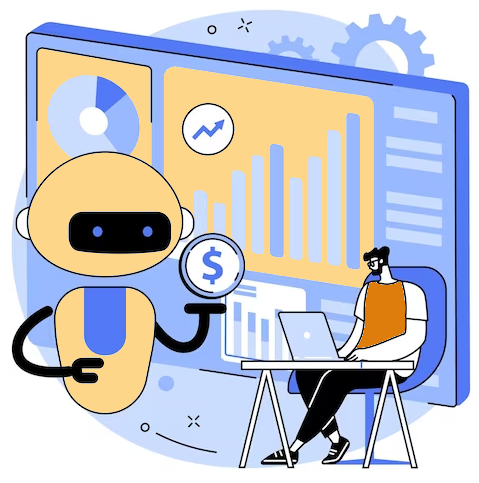

Legal Research
Legal research is a fundamental part of legal operations. Generative AI can assist in finding relevant case law, statutes, and legal precedents, saving lawyers considerable time and effort in their research.
Accessibility
Generative AI can make legal services more accessible to a broader audience. It can help individuals and small businesses generate simple legal documents without the need for expensive legal consultations.
Challenges and Concerns
While generative AI holds immense promise for legal operations, it is not without its challenges and concerns. Some of the key issues include:
Data Privacy and Confidentiality
Legal documents often contain sensitive and confidential information. Ensuring that AI systems maintain data privacy and confidentiality is paramount.
Quality Control
Although generative AI can produce content quickly, quality control is essential to ensure that the generated documents are accurate and comply with the law. Human oversight is crucial.
Ethical Considerations
The ethical use of generative AI in the legal field is a subject of debate. Some worry about AI systems automating decisions that should be made by humans, potentially reducing accountability and transparency.
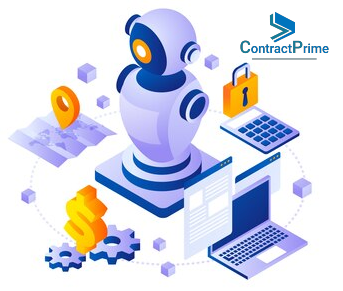
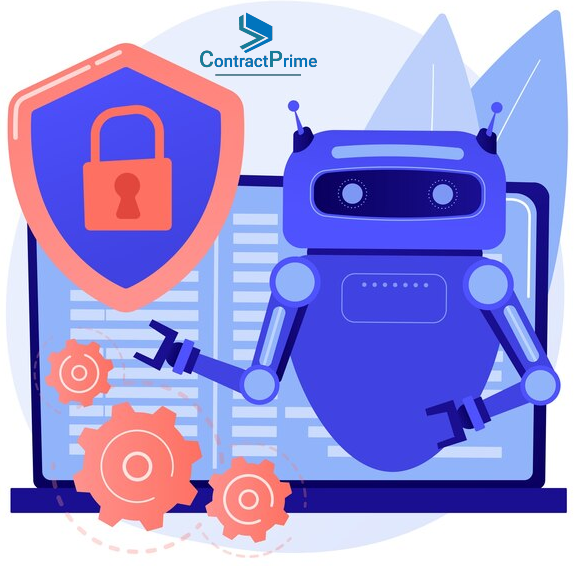
Regulatory Compliance
Legal regulations and standards must be adhered to. Generative AI must be programmed to comply with these standards, which can vary by jurisdiction.
Initial Costs
Implementing generative AI in legal operations requires a significant initial investment in technology and training. Smaller law firms or legal professionals may find this cost prohibitive.
Real-World Applications of Generative AI in Legal Operations
Generative AI is already being used in various aspects of legal operations. Here are some real-world applications:
Document Generation
AI can generate a wide range of legal documents, including contracts, wills, deeds, and more. Legal document automation can even tailor these documents to specific situations, saving lawyers time and effort.
Legal Research
AI can assist in legal research by quickly sifting through vast databases of case law and statutes to find relevant information, reducing the time required for research.
Contract Review
AI-powered tools can review contracts for anomalies or inconsistencies, helping lawyers identify potential issues that might otherwise be missed.
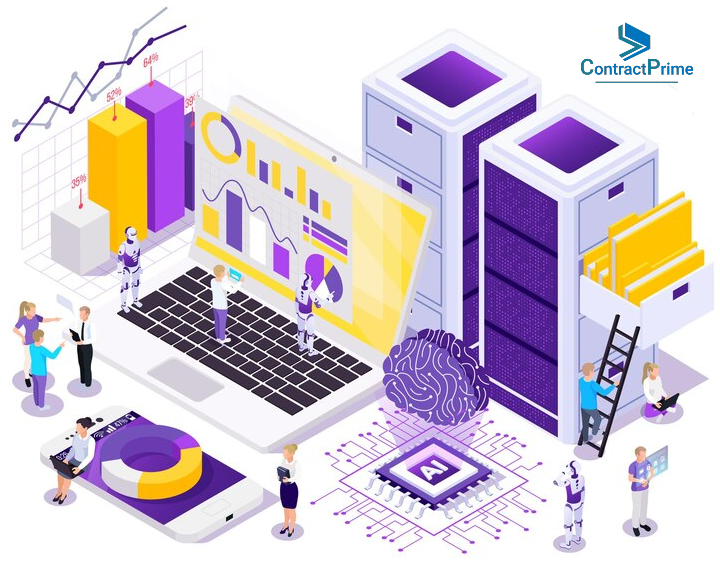

Legal Chatbots
AI chatbots can provide immediate responses to common legal questions and concerns, offering basic legal guidance to clients.
Compliance and Due Diligence
Generative AI can assist in ensuring that a company’s operations and documents comply with regulatory requirements, making the due diligence processes more efficient.
The Future of Generative AI in Legal Operations
The integration of generative AI into legal operations is set to grow, and its potential is vast. Here are some key trends and future possibilities:
Improved Language Models
As generative AI models continue to improve, their ability to generate complex legal documents with high precision will increase. The legal language used will become more sophisticated and tailored to the specific needs of clients.
AI-Enhanced Litigation
AI can help identify potential legal issues early, leading to more strategic decisions in litigation. Predictive analytics can forecast case outcomes, helping lawyers choose the most effective strategies.
AI Ethics and Regulation
The legal industry will play a critical role in shaping the ethical and regulatory framework for AI. Legal professionals will need to navigate the complex legal landscape surrounding AI use in their field.

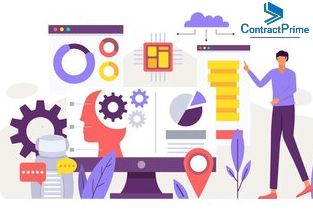
Integration into Legal Software
Legal tech companies are incorporating generative AI into their legal practice management software. This will make AI more accessible to smaller law firms and individual practitioners, leveling the playing field.
AI-Driven Legal Education
Generative AI could revolutionize legal education by providing students with tools for drafting and understanding legal documents more efficiently.
Conclusion
Generative AI is transforming legal operations by automating document generation, enhancing research capabilities, and improving efficiency. While it presents numerous benefits, the legal industry must address challenges related to privacy, ethics, quality control, and compliance.
As generative AI continues to evolve, its impact on the legal profession is likely to be profound. It will lead to more accessible legal services, increased efficiency, and a shift in the roles of legal professionals. The key lies in harnessing this technology responsibly and ethically, ensuring that it serves as a tool to enhance the legal profession rather than replace it. Generative AI is not a replacement for lawyers but a powerful ally that can make their work more efficient and effective. It’s up to the legal community to embrace this change and adapt to a future where generative AI plays a crucial role in legal operations.
